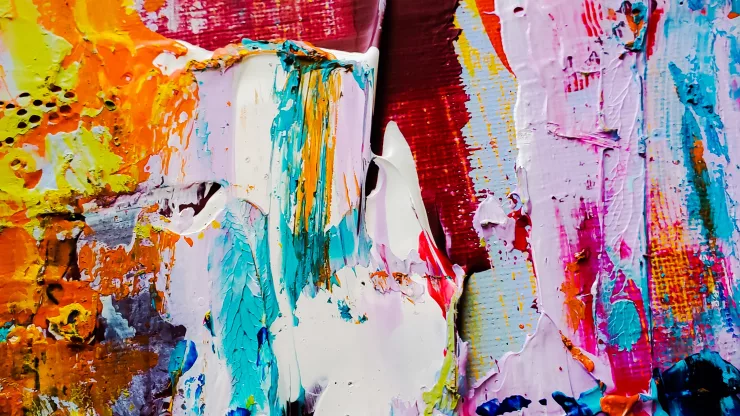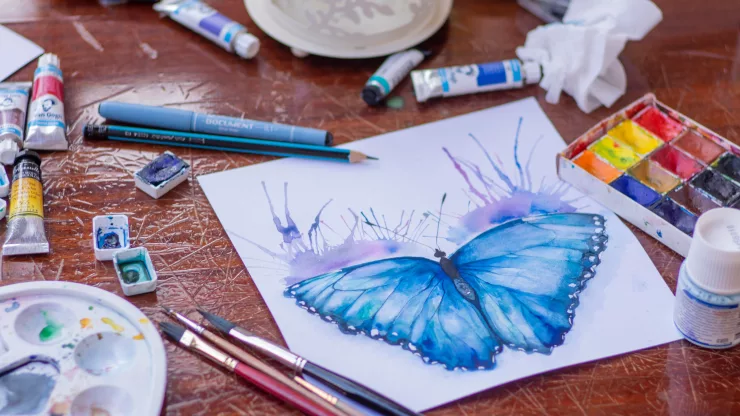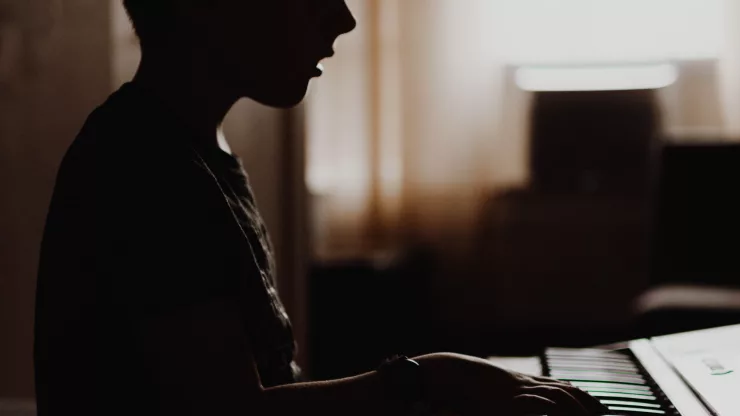Art Therapy Benefits for Emotional Health
Art therapy is an increasingly popular form of therapy that offers a unique approach to emotional healing.
Through creative expression using various mediums like paint, clay, and collage, art therapy provides a safe space for individuals to explore their emotions, reduce stress, and improve their mental well-being.
In this article, we will delve into the benefits of art therapy for emotional health, how it works, and how to get started.
Jump to Section
Understanding Art Therapy Benefits for Emotional Health
What is Art Therapy and How Does it Benefit Emotional Health?
Art therapy is a form of psychotherapy that uses creative expression to improve emotional, mental, and physical well-being.
It provides a safe, non-judgmental environment for individuals to express themselves and explore their emotions through the use of different art materials.
Art therapy can benefit emotional health by reducing stress, anxiety, depression, and other mental health disorders.
It also helps individuals develop coping mechanisms and gain a better understanding of their emotions.
The Science Behind Art Therapy Benefits for Emotional Health
Research shows that art therapy can stimulate the brain in a way that promotes emotional healing. It activates areas of the brain associated with creativity and emotional processing, leading to a reduction in psychological distress. Art therapy also releases feel-good chemicals in the brain, such as dopamine and serotonin, which can improve mood and reduce anxiety.
How Art Therapy Helps Manage Mental Health Disorders
Art therapy can help manage a variety of mental health disorders, including anxiety, depression, PTSD, and addiction. It provides a creative outlet for individuals to express their emotions and develop coping mechanisms to manage their symptoms.
Art therapy can also be used in conjunction with other forms of therapy, such as talk therapy, to provide a more holistic approach to treatment.
Art Therapy vs. Traditional Talk Therapy: Which is More Effective for Emotional Healing?
Art therapy and traditional talk therapy both have their benefits for emotional healing.
Talk therapy focuses on verbal communication to express emotions and develop coping mechanisms, while art therapy uses creative expression to achieve the same goals.
Both approaches can be effective, depending on the individual’s needs and preferences. Art therapy may be particularly beneficial for individuals who struggle with verbal communication or have difficulty expressing their emotions.
The Benefits of Art Therapy for Emotional Health
Art Therapy Benefits for Anxiety and Stress Management
- Provides a creative outlet for stress relief
- Helps individuals express and process their emotions in a non-verbal way
- Reduces anxiety by promoting relaxation and mindfulness
- Develops coping mechanisms for managing stress and anxiety
Art Therapy Benefits for Depression and Mood Regulation
- Provides an outlet for self-expression and emotional release
- Improves mood and promotes positive thinking
- Helps individuals process and express difficult emotions
- Develops coping mechanisms for managing depression symptoms
Art Therapy Benefits for PTSD and Trauma Recovery
- Provides a safe space for emotional processing and expression
- Helps individuals process and work through traumatic experiences
- Develops coping mechanisms for managing PTSD symptoms
- Promotes relaxation and stress relief
Art Therapy Benefits for Addiction and Substance Abuse Recovery
- Provides a creative outlet for emotional expression and processing
- Helps individuals identify triggers and develop coping mechanisms for managing addiction
- Develops a sense of self-awareness and self-expression
- Promotes relaxation and stress relief
How to Get Started with Art Therapy for Emotional Health
Finding the Right Art Therapist for Your Needs
When seeking an art therapist, it’s important to find someone who is trained and certified in art therapy. Look for a therapist who has experience working with the specific issues you are struggling with.
You can also ask for recommendations from your primary care physician or mental health provider.
Art Therapy Techniques for Emotional Healing and Self-Expression
- Painting
- Sculpture
- Drawing
- Collage
- Photography
- Digital art
Art Therapy Activities to Try at Home
- Coloring books
- DIY crafts
- Art journaling
- Zentangle drawing
- Mandala coloring
Art Therapy Success Stories: Real-Life Examples of Emotional Healing
| Success Story | Symptoms Treated |
|---|---|
| Sarah | PTSD, anxiety, depression |
| John | Addiction, trauma |
| Emily | Depression, anxiety |
| Mark | Stress, anger management |
Conclusion: The Power of Art Therapy for Emotional Health
Art therapy is a powerful tool for emotional healing that provides a unique, creative approach to therapy.
Through the use of creative expression, it can help individuals process and express their emotions, reduce stress, and improve their mental well-being.
If you’re struggling with emotional issues, consider exploring art therapy as a potential form of treatment.
FAQ
What is the difference between art therapy and traditional talk therapy?
Art therapy uses creative expression to achieve emotional healing, while traditional talk therapy focuses on verbal communication. Both can be effective, depending on the individual’s needs and preferences.
What are the benefits of art therapy for mental health?
Art therapy can help manage mental health disorders such as anxiety, depression, PTSD, and addiction. It provides a creative outlet for emotional expression and can help individuals develop coping mechanisms for managing their symptoms.
How do I find an art therapist?
Look for a therapist who is trained and certified in art therapy and has experience working with the specific issues you are struggling with. You can ask for recommendations from your primary care physician or mental health provider.

With a deep passion for personal development, Ben has dedicated his career to inspiring and guiding others on their journey towards self-improvement.
His love for learning and sharing knowledge about personal growth strategies, mindfulness, and goal-setting principles has led him to create My Virtual Life Coach.
Contact Ben at [email protected] for assistance.




